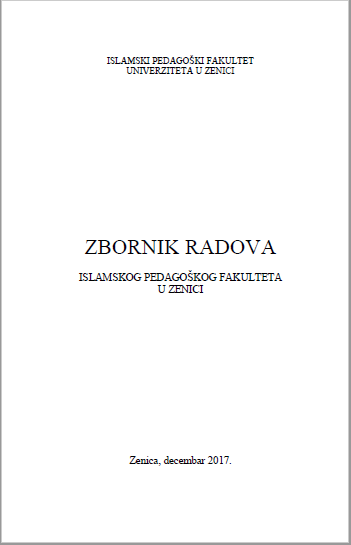MAZDAISTIČKI KORIJENI HERAKLITOVE FILOZOFIJE
THE MAZDAIST ROOTS OF HERACLITUS’S PHILOSOPHY
Author(s): Sedad Dizdarević, Mensur ValjevacSubject(s): Metaphysics, Ancient Philosphy, Middle-East Philosophy, Philosophy of Religion
Published by: Islamski pedagoški fakultet Univerziteta u Zenici
Keywords: Heraclitus; Mazdaism; Logos; Fire; Coincidentia Oppositorium; Dialectical Monism;
Summary/Abstract: Heraclitus is one of the most influential and most controversial thinkers in the human history. His ideas had an impact on the formation and further development of some of the most important and most specific concepts in philosophy, such as idea, dialectics, logos, eternal return, etc. He exerted a significant influence over all great philosophers such as Socrates, Plato, Aristotle, Hegel, Nietzsche, etc. Heraclitus's ideas were exceptionally strange and unusual for his time, so many, very early, started suspecting they were of Greek origin. In this article, we analyze the theories about the Persian origin of the key Heraclitus’s ideas. We point to the most important research in that field, name some of the advantages and disadvantages of certain claims and make our own that is, to some extent, different from the previous ones. We show that Heraclitus was, to a large extent, under the influence of Persian Mazdaist teachings of his time, and that this impact was essential for the conceptualization of his most important concepts, such as teachings about logos, dialectical monism, Unus Mundus, Coincidentia Oppositorium, eternal movement, etc. Furthermore, Heraclitus was the first Greek thinker who mentioned the Zoroastrian magi in his work, criticized the practice of worshiping the idols, depicting the figures of deities, and religious exclusivism following the practice developed in the Achaemenid Empire.
Journal: Zbornik radova Islamskog pedagoškog fakulteta u Zenici
- Issue Year: 2017
- Issue No: 15
- Page Range: 237-254
- Page Count: 18
- Language: Bosnian

